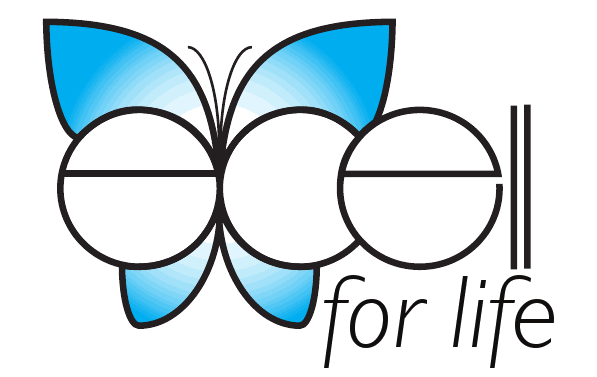Common Cold vs. Sinusitis
Common Cold and Sinusitis Evaluation and Treatment Summary
The average occurrence of the common cold in preschool children is 5-7 episodes/year and decreases to 2-3/year in adulthood and last about 7-10 days. They are caused by viruses transmitted mostly by hand contact (and can live on hands for up to 2 hours) – we all need to be very cautious to wash our hands frequently (or apply antibacterial hand gel), especially if we have any symptoms of a cold (and persistently train our children)!
Antibiotics are not used to treat the common cold, because they cannot kill viruses and taken early do not prevent bacterial infections which occasionally result from the common cold. They are occasionally needed after about 10 days if persistent signs of yellow or green drainage, if symptoms worsen within 10 days of initial improvement, or develop into painful ear infections. (Certainly strep throat is bacterial and requires antibiotics right away. Strep throats usually present with only a sore throat and fever, and often fatigue and gland swelling. Rarely is it accompanied by any nasal or chest symptoms.)
Treatment-symptomatic treatment is the mainstay for common colds
Nasal Saline Irrigations (such as Neil Med products which I use daily, and available in our office and at drugstores) – Washing the nasal cavities with saline often gives immediate great relief and reduces nasal drainage/congestion/pressure, removes secretions, and rinses away allergens and irritants and can be used daily (as I do because of recurrent sinus infections in the past and allergies) or as needed and multiple times daily. They can be used immediately prior to using other nasal medicines so the nose is freshly cleaned before using the medicines. I feel the bottle washes give the best pressure to relieve symptoms, followed by the neti pots and lastly sprays. Even my 8 year old requests this first line for significant nasal cold symptoms!
Antihistamines – These can alleviate runny nose and sneezing, but also can cause dryness and sometimes sedation. OTC medicines are Claritin (nonsedating), zyrtec (occasionally sedating), and benedryl (always sedating but good at bedtime!). Rx ones are allegra (available generic), clarinex, and xyzall.
Decongestants – pseudoephedrine (Sudafed) and phenyephrine can decrease nasal congestion. Topical nasal spray Afrincan be very effectively used for several days (but not longer than 1 week at a time or nasal dependence can happen).
Expectorants – Mucinex (guafenesin) can in some people thin secretions and decrease cough.
Antitussives – Cough suppressants with dextromethorphan (Delsym, Robitussin DM) or codeine/hydrocodone are of variable help for coughs.
Nasal Sprays
Intal – can improve cold symptoms
Atrovent – can help runny nose and sneezing
Steroid nose sprays (generic Flonase, brands Nasacort, Nasonex, Veramyst, Omnaris, Rhinocort) – these have more proven benefit for allergic rhinitis as does sinuglair pills.
Zinc sprays or lozenges – have minor benefits for cold symptoms, and rarely the nosesprays can make a person lose their sense of smell.
Echinacea – has minor benefits in treating common colds in most people.
Prevention of Common Colds
Exercise – moderate intensity exercise over one year has been shown to decrease colds, so as I say “Just do it!”
Vitamin C – 500 – 1000mg daily can help in preventing colds for some people.
Vitamin D – 1000-2000iu/day or doubling your usual dose can boost your immune system to help prevent colds for 1-2 weeks around exposures, and more studies will likely come out soon showing maybe even higher doses for about a week around cold exposure can help.
Vitamin E – 200iu/day has been shown to help in some people.
Echinacea – may help in decreasing colds.
Antibiotics for Sinusitis and Ear Infections
Amoxicillin
Bactrim – trimethoprim/sulfamethoxisole
Macrolides – zpac, e-mycin, biaxin
Cephalosporins – Keflex, Ceftin, Omnicef and others
Doxycycline
Augmentin – amoxicillin and clavulinic acid
Avelox or Levaquin
